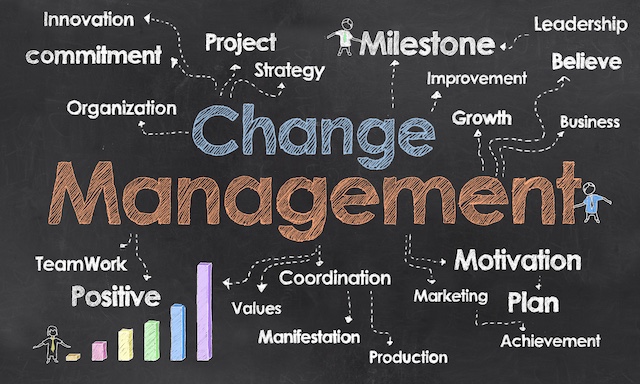What is a Mock Interview?
A mock interview is a simulated job interview designed to replicate a real interview experience as closely as possible. It is typically used as a practice tool to help job seekers prepare for actual interviews by going through common interview questions, receiving feedback, and improving their communication and presentation skills.
Mock interviews can be conducted in various formats:
-
One-on-one with a coach, mentor, or HR professional
-
Panel-style to simulate multi-interviewer scenarios
-
Virtual or in-person, depending on the job context
-
Industry-specific to tailor questions and evaluation to the relevant field
The setting, questions, and feedback provided are meant to mimic the real interview environment, helping candidates build confidence and refine their approach.
Why is a Mock Interview Important?
Mock interviews are a valuable preparation tool for several reasons:
-
Builds Confidence: Practicing in a realistic setting reduces anxiety and helps candidates feel more comfortable under pressure.
-
Improves Communication Skills: It helps job seekers refine how they express their thoughts, highlight their achievements, and answer tough questions clearly and concisely.
-
Identifies Weaknesses: Constructive feedback from a mock interview can reveal areas for improvement, such as body language, tone, or content of responses.
-
Refines Interview Strategy: It allows candidates to practice tailoring their answers to the role and company, sharpening their ability to stand out.
-
Boosts Readiness for Different Formats: Mock interviews can prepare candidates for various interview types—behavioral, technical, case-based, or situational.
In essence, a mock interview serves as a safe and supportive environment to practice, make mistakes, and improve—ultimately increasing the chances of success in real interviews.




